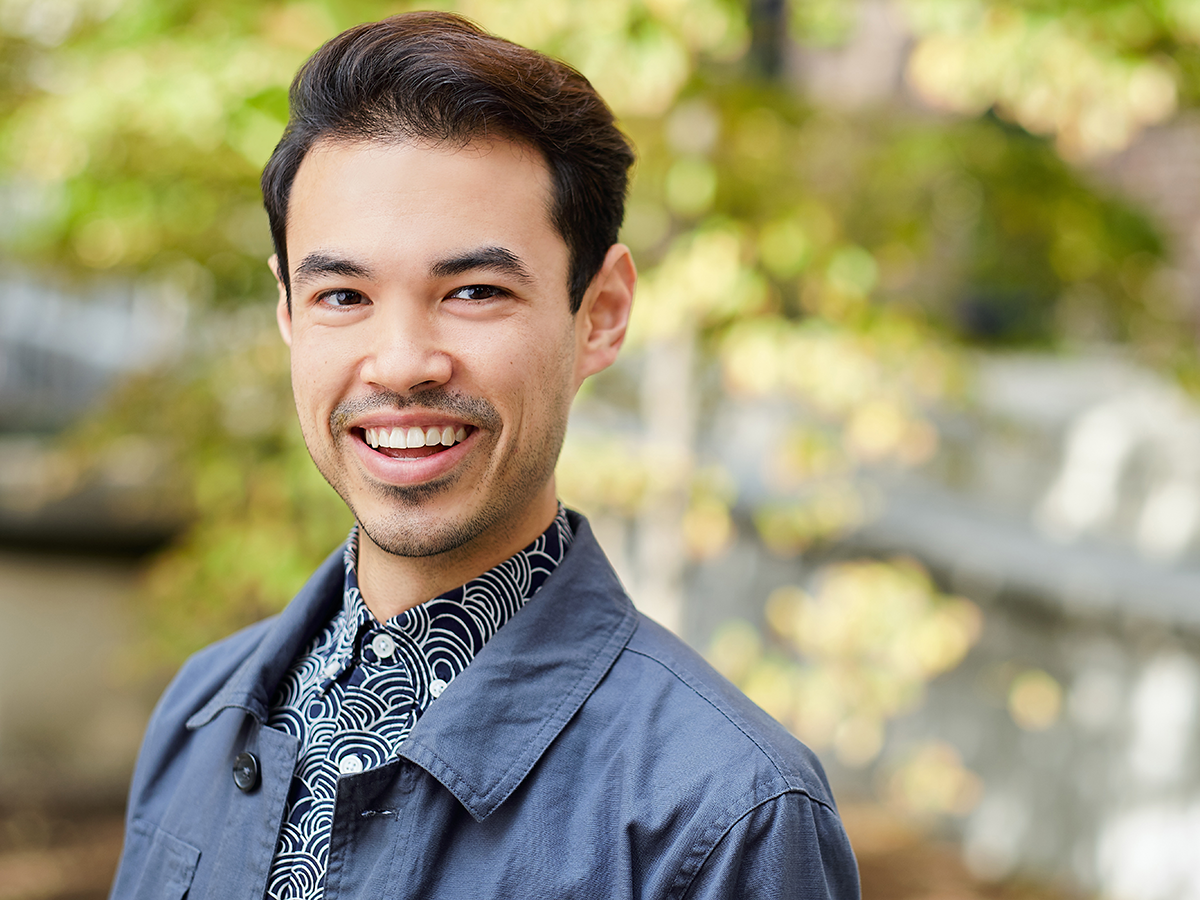Eiji Miura
(he/him/his)
Clinical Assistant Professor of Music
Bio
Eiji Miura (he/him/his) is Clinical Assistant Professor of Musical Theatre Voice. Noted for his “strong voice and nuanced acting skills,” Miura is a genre-fluid and versatile artist whose expansive credits include opera, musical theatre, concert work, background vocals, and video game soundtracks. Prior to his appointment at SMTD, he was on faculty at the Boston Conservatory at Berklee where he taught studio voice, courses in lyric diction, was a part of the teaching staff for the summer Vocal/Choral Intensive for high school students, and was the managing director of the Summer Opera Intensive at Valencia (Spain). Additional prior faculty appointments include: the Berklee College of Music, Boston University, the Massachusetts Institute of Technology (MIT), the New England Conservatory Preparatory School, and Clark University.
A passionate advocate for centering justice in the classroom, studio, rehearsal room, and on stage, Miura seeks to create art and learning environments where all voices are respected and embraced—especially elevating communities that have historically been undermined, ignored, or silenced. He is regularly engaged as a consultant and lecturer on topics relating to Diversity, Equity, Inclusion, and Access, specifically as it relates to the Asian diaspora in the United States. In recent years, he has worked for the Committee on Ethnicity, Migration, Rights of Harvard University (2020-22), served on the inaugural Diversity and Inclusion Task Force for the National Association of Teachers of Singing (NATS), and received funding through the Berklee College of Music’s Inclusive Teaching Grant to explore the integration of Universal Design for Learning (UDL) principles into the voice studio to support neurodiversity-affirming practices. His work in this realm also extends to providing dramaturgical and cultural competency support to theatres and opera companies nationally as it pertains to the sensitive and accurate portrayal of Japanese people, language, and culture.
Miura’s interests in the field of vocal pedagogy are expansive and interdisciplinary as well, and lie at the intersections of vocal acoustics and psychoacoustics, linguistics, habilitation and rehabilitation, among others areas. He is currently exploring the effects orofacial myofunctional disorders and articulatory dysfunctions have on adult singers—specifically how they influenced the growth of facial bones during childhood (and consequently, growth of the vocal tract)—and what interventions and/or therapies voice teachers and educational institutions can utilize to help mitigate or combat the negative impact of these disorders.
Miura holds a B.A. in East Asian Studies and Vocal Performance and an M.Sc. in Communications from Clark University, a certificate in Japanese Language and Culture Studies from Kansai Gaidai University, and an M.M. in Vocal Performance and Pedagogy from the Boston Conservatory.

